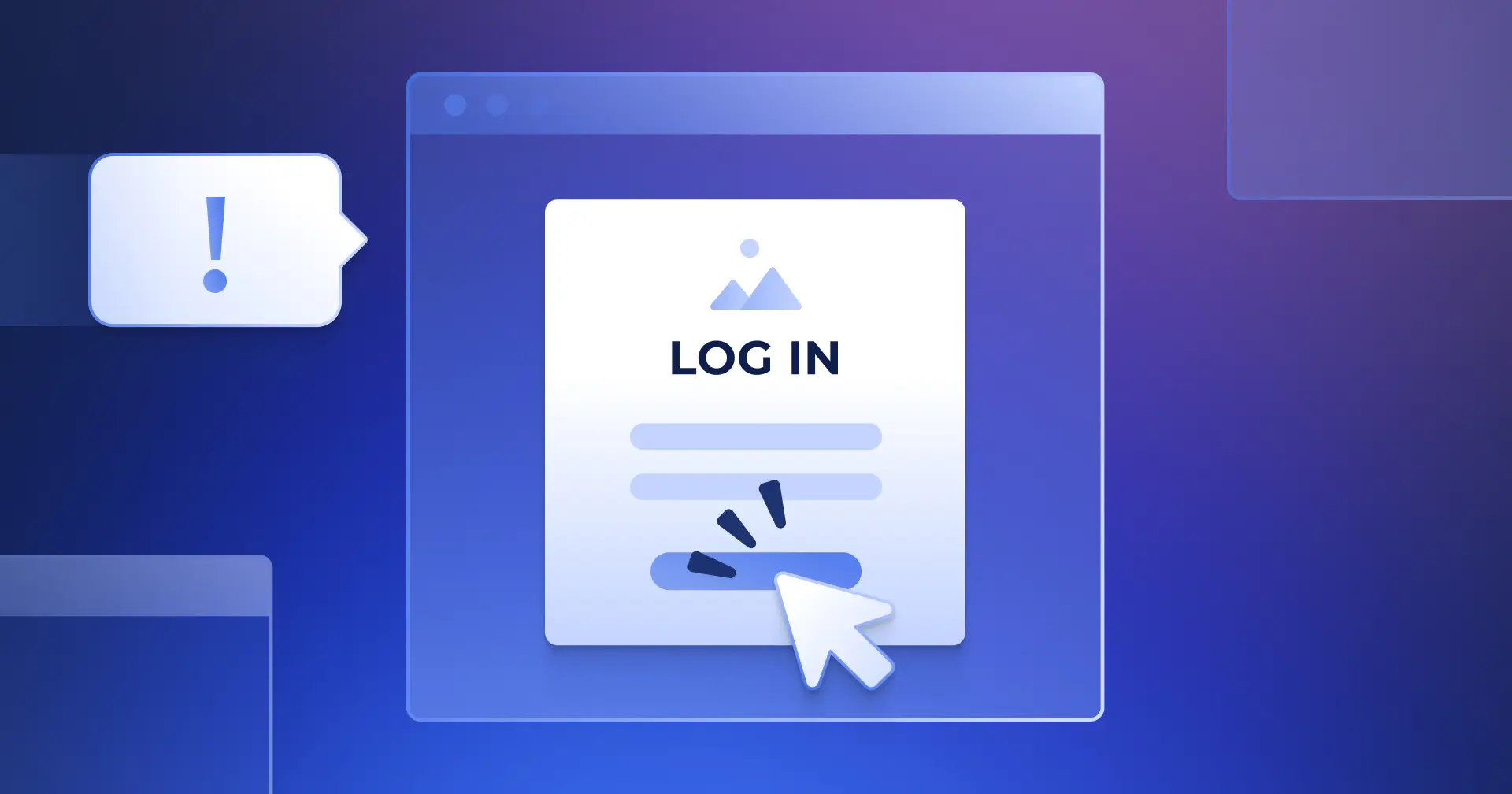Can Personalized Credentials Improve Both Security and Employee Belonging?
In today’s increasingly hybrid and fast-moving work environments, secure access is more than a technical necessity—it’s a reflection of workplace culture. Companies across industries are discovering that personalized credentials, such as custom ID badges and smart access cards, can do more than protect assets. When implemented thoughtfully, they also foster a greater sense of employee belonging and identity.
Security remains a top priority for organizations of all sizes. Unauthorized access, whether physical or digital, puts sensitive data, people, and operations at risk. Traditional static IDs—often generic and easily lost or forged—no longer meet the demands of modern workplaces. In response, many companies have turned to smart credentialing systems that integrate employee data, security features, and brand elements into a single, customizable badge.
This shift is powered by innovations in badge printing and management. Devices like the idp solid series allow businesses to produce personalized credentials in-house with advanced encoding, full-color branding, and secure layering. With these tools, companies can issue badges on demand that include embedded chips, barcodes, or magnetic stripes, all tailored to a specific user’s role and access level.
While the security benefits are clear—such as traceable entries, real-time access control, and multi-factor authentication—the impact on employee morale is just as significant. Personalized credentials signal inclusion. When a new hire receives a high-quality badge with their name, photo, department, and company logo, it reinforces that they are not just a number—they are part of the team.
Belonging, often an overlooked element in workplace satisfaction, has been shown to improve engagement, productivity, and retention. A thoughtfully designed ID can act as a daily visual cue that connects the employee to the organization’s mission and values. It helps break down silos in large or distributed teams, offering a sense of visibility and recognition.
In industries with high turnover or remote workforces, the ability to issue customized credentials quickly can also improve onboarding experiences. New team members feel prepared and welcomed when they receive their ID on day one. Solutions like idp solid make this not only possible but efficient, allowing organizations to scale secure access while maintaining a personal touch.
Even in digital-first companies, physical credentials still play a valuable role. Whether used to unlock office doors, sign into shared systems, or attend events, they serve as a tangible representation of professional identity. Smart credentials can also integrate with digital platforms, allowing for hybrid use without sacrificing consistency.
Even in digital-first companies, physical credentials still play a valuable role. Whether used to unlock office doors, sign into shared systems, or attend events, they serve as a tangible representation of professional identity. Smart credentials can also integrate with digital platforms, allowing for hybrid use without sacrificing consistency.
Ultimately, the convergence of personalization and security reflects a larger shift in how organizations view identity. It’s not just about controlling access—it’s about building trust and inclusion. Personalized credentials, backed by powerful tools like the idp solid printer, provide a meaningful way to align safety protocols with employee experience. In doing so, they strengthen both the physical and cultural infrastructure of the modern workplace.

